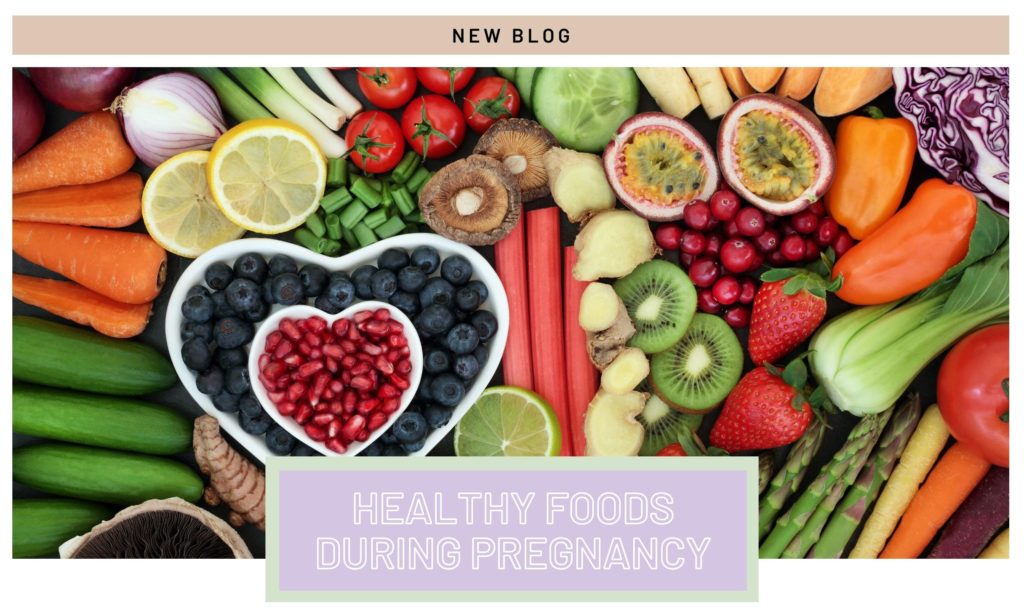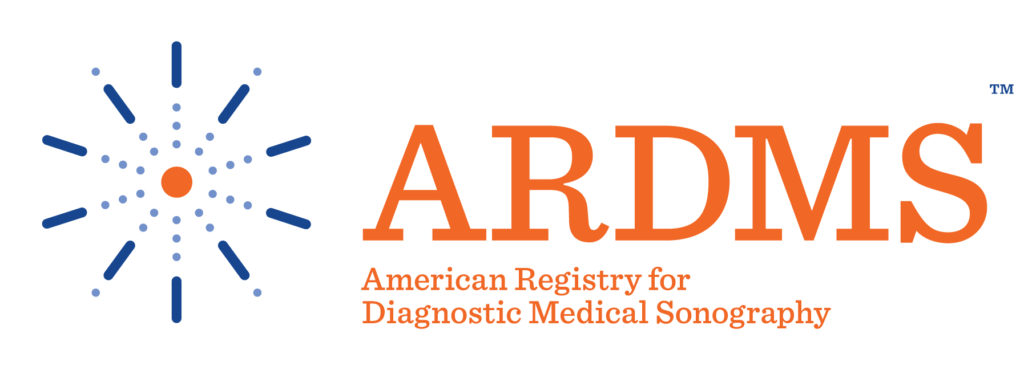
Day 12
Back To All Giveaways Entries End: Days Hours Minutes Seconds contest powered by rewards fuel


Back To All Giveaways Entries End: Days Hours Minutes Seconds contest powered by rewards fuel

Back To All Giveaways Entries End: Days Hours Minutes Seconds contest powered by rewards fuel





